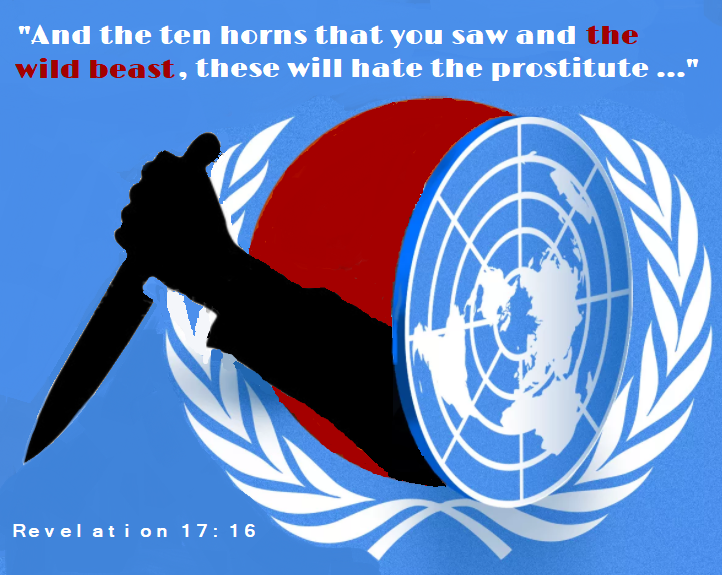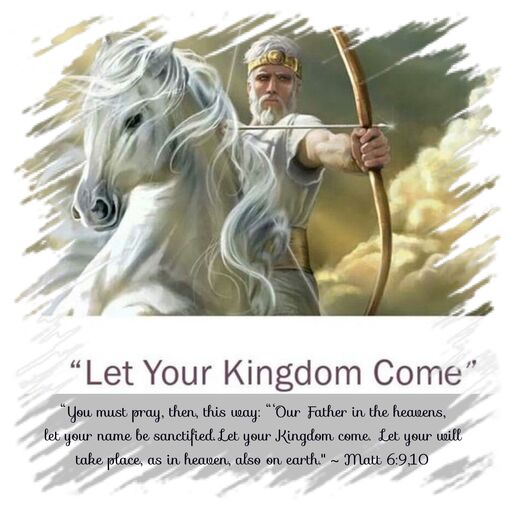William wrote: ↑Sun Nov 24, 2024 12:42 pm

It is interesting to observe how the iconism is used in this imagery - giving an impression of Jack the Ripper (re prostitutes). It is easy to see how such imagery might affect those who suffer paranoia and how this can add to their fear. Imagery has always been a device used by Cultural Christians like dogs are used for herding sheep.
Presentation: Rethinking Faith, Fear, and Action – Building God's Kingdom on Earth
Introduction: The Question of Responsibility
Many religious groups, like Jehovah’s Witnesses, claim to represent God’s Kingdom.
Their message: “Join us, wait for God’s intervention, and watch as the world is destroyed.”
Key issue: Does this message foster fear, a persecution complex, and self-fulfilling prophecies instead of empowering individuals to improve the world?
1. Persecution Complex and Self-Fulfilling Prophecy
Persecution Complex:
JWs frame opposition from governments or institutions as proof of their faithfulness and divined favor.
Their message anticipates persecution, reinforcing an us vs. them mentality that isolates members and fuels distrust of outsiders.
Self-Fulfilling Prophecy:
By accusing governments or organizations (e.g., the UN or WHO) of malevolence, JWs provoke opposition.
When governments respond with restrictions, JWs interpret this as proof of prophecy fulfillment, further entrenching their beliefs.
2. The Cost of Fearfulness
Fear-Driven Worldview: Constant focus on destruction and divined judgment creates anxiety and resignation.
Sacrificial Narrative: The group positions itself as a target, reinforcing a belief that suffering will catalyze divined intervention.
Mental Health Impact: Isolation, fear of the world, and shunning practices often take a toll on emotional well-being.
3. The Contradictions of Waiting
Relying on the World: JWs denounce worldly systems but depend on them (e.g., legal protections, property ownership).
Exclusivity and Division: Their message separates members from broader society, fostering judgment rather than collaboration.
Passive Approach: Instead of teaching how to improve the world, their message is: “Join us, wait, and God will destroy the rest.”
4. An Alternative Path: Building God's Kingdom Through Action
Instead of waiting for divined intervention, humanity can:
Focus on Shared Values: Justice, compassion, love, and peace.
Reject Fear: Avoid fear-based ideologies that isolate and paralyze action.
Collaborate Across Divisions: Work with others to address societal issues, regardless of religious or ideological differences.
5. Practical Steps Toward Achieving God’s Vision
Community Building: Strengthen local communities through kindness, inclusion, and mutual support.
Moral Leadership: Promote ethical behavior in leadership and governance.
Education & Empowerment: Provide tools for people to create positive change without relying on apocalyptic narratives.
6. Living God’s Kingdom Now
Reject Persecution Complex: Focus on collaboration and shared humanity instead of divisive "us vs. them" thinking.
Faith in Action: "Faith without works is dead" (James 2:26). Live out divined values—justice, love, and mercy—through tangible efforts to better the world.
Reject Self-Fulfilling Prophecy: Engage in constructive dialogue and efforts instead of provoking opposition to validate beliefs.
Conclusion: A Call for Balance
Faith and action are not mutually exclusive. Humanity must:
Take responsibility for improving the world now, rather than waiting for divined intervention.
Work together across divisions to reflect God’s values of justice, love, and peace.
Reject fear, persecution complexes, and self-fulfilling prophecies that isolate and harm.
God’s Kingdom isn’t just about waiting—it’s about working, loving, and building today.
End of Presentation







